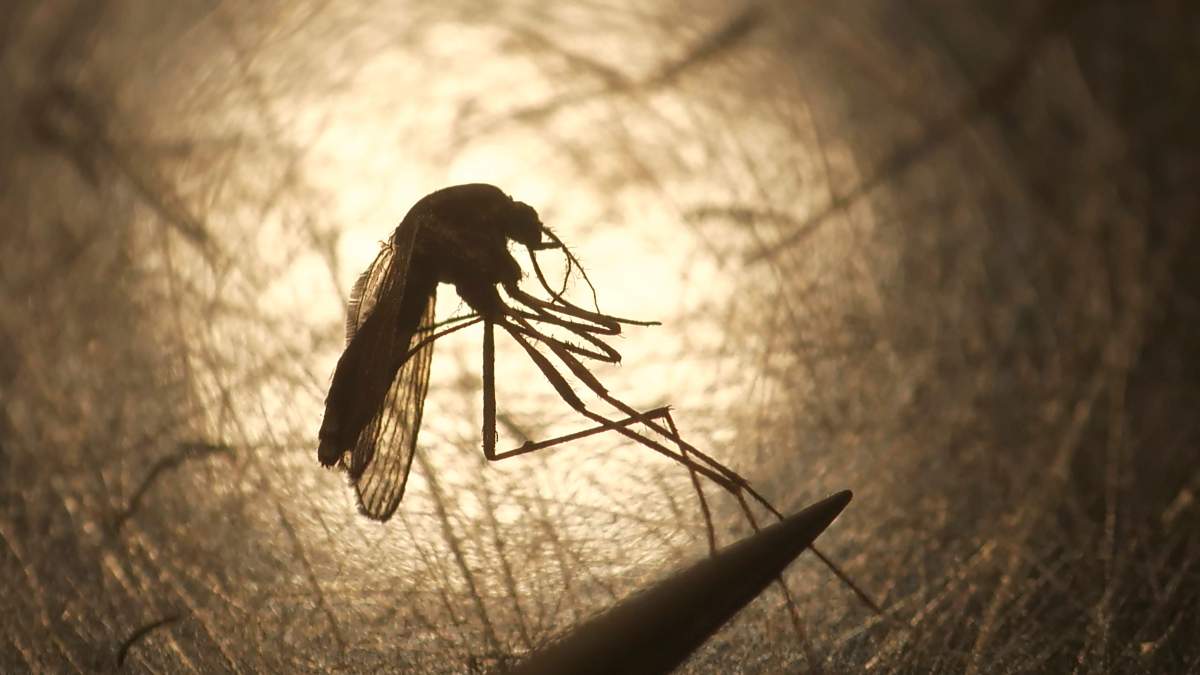Hamilton Public Health (HPH) has confirmed the city’s first West Nile virus case in a human for 2022, which has prompted the medical officer of health to bump the city’s risk assessment from moderate to high.

The case now matches the one case the city revealed in 2021 and keeps a trend of at least a single case going for seven straight years.
Of the 22 cases since 2016, six in consecutive years in 2017 and 2018 are the highest number of cases in humans HPH has had to deal with.
The city has not recorded any deaths from the affliction since monitoring began seven years ago.
City officials raised the risk assessment for West Nile at the end of July after a batch of mosquitoes trapped from a pool tested positive for the affliction.
It was the first set of mosquitoes to be positive for Hamilton this year, prompting the city’s risk assessment to move to moderate from low.
“It is important to take precautions to avoid illnesses spread by insects including West Nile Virus, Lyme disease, and Eastern equine encephalitis,” associate medical officer of health Dr. Bart Harvey said in a release.

Get weekly health news
He went on to recommend residents employ preventive measures such as using insect repellent containing DEET or Icaridin, and wearing loose-fitting, light-coloured clothing to reduce risk outdoors.
Harvey says about four out of five people infected with West Nile virus have no symptoms.
Older adults and those with weakened immune systems are more susceptible to symptoms brought on by an infection, including fever or more severe illnesses, including inflammation of the brain or the lining of the brain.
Typically, symptoms appear two to 14 days after being bitten by an infected mosquito.
Despite the increase in risk, the city has generally seen a decline in positive mosquito pools since reporting 32 positive pools in 2017.
So far in 2022, the city has encountered five confirmed West Nile virus pools in its trapping initiatives.











Comments
Want to discuss? Please read our Commenting Policy first.